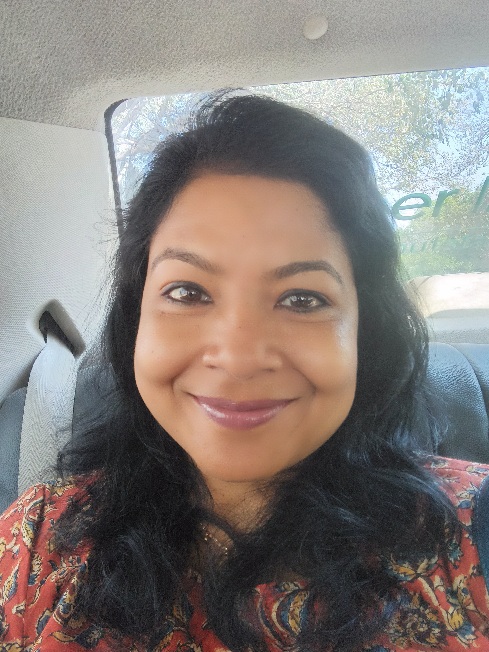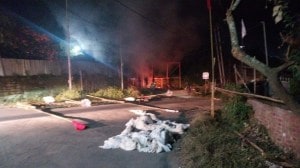Stay updated with the latest - Click here to follow us on Instagram
Tailing eclipses,enthusiasts now set up special club for fellow chasers
The best part of the New Year is only just starting in one corner of the Capital: the office of a club of eclipse chasers,which,as the name suggests,always has its eye in the sky.
The best part of the New Year is only just starting in one corner of the Capital: the office of a club of eclipse chasers,which,as the name suggests,always has its eye in the sky.
Called the Eclipse Chasers Athenaeum,the club of ecliptomaniacs and umbraphiles has two reasons to celebrate: not only is 2009 designated as the International Year of Astronomy by the UN,but India is also set to witness the longest solar eclipse of the 21st century this July,lasting 6 minutes 39 seconds.
The club was set up three months ago to help people who want to observe and enjoy eclipses. We found such a large number of people interested in eclipse-chasing that we decided to set up a club, says founder Ajay Talwar,also head of instrumentation and observation at the Science Popularisation Association of Communicators and Educators (SPACE). Most members,he says,come from the scientific community across the world,but there are 20 school children from Delhi as well as a sprinkling of laymen.
Besides helping out with logistics and information,the club is building a library exclusively of books about solar eclipses. Talwar says there are 50 books in the collection now,and names a few titles: Remarkable Eclipses by W T Lynn,Indian Central Eclipses from 1800-2199 by Sheridan Williams,a fellow of the Royal Astronomical Society,and the 1898 Indian Eclipse.
The annual membership charge,he says,is Rs 1,500.
Talwar himself watched his first eclipse near Ranchi in 1995 when,he says,the corona was so white and so beautiful that I wanted to reach out my hand and touch it. No one who has watched an eclipse will want to miss another one.
On Friday (January 9),the club began its first major event in the countdown to the solar eclipse in July. The three-day-long Solar Eclipse Workshop will bring together,among others,experts like Jay Pasachoff,the famous chaser of 47 eclipses and director of the Hopkins Observatory; Ashok Ambastha of Udaipur Solar Observatory; and Jay Anderson from Nasa,whose eclipse climatology studies are an essential part of the kit. The workshop will be held at Shankar Lal Concert Hall,Delhi University.
Besides scientific know-how,the workshop will include tips on experiments that children can perform,like measuring temperature variation and light intensity variation. Most of all,the workshop will teach people how to enjoy a total eclipse, Talwar says. A total eclipse is a different experience.
Talwar says,The total path of the July eclipse will stretch from Surat to Arunachal Pradesh,and should be visible in Siliguri,Darjeeling,Bhopal,Allahabad,Patna and Gaya. However,weather conditions suggest that Darjeeling and Siliguri will have rain at the time. The best bet,he says,is to travel to Patna,where weather studies over the last 10 years offer more optimism.
The next total solar eclipse occurs over India on March 20,2034.
For the workshop,contact 9212669917.









